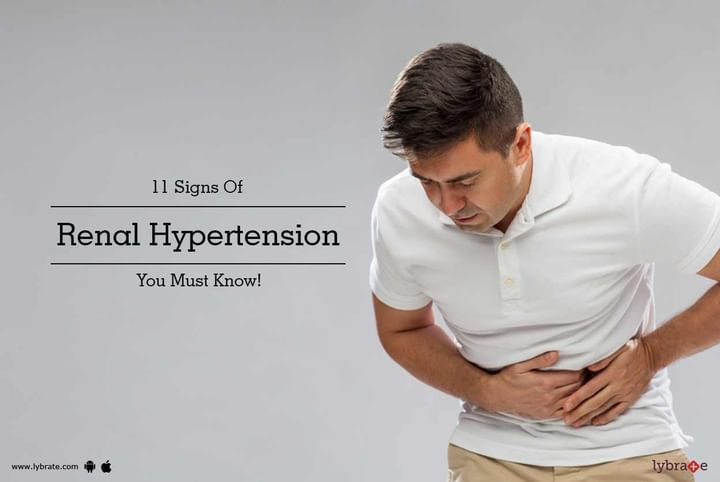11 Signs Of Renal Hypertension You Must Know!
High blood pressure is characterized by an increased force that the blood exerts on the blood vessels when it moves through the body. Renal hypertension is a blood pressure disorder where the arteries that carry blood to the kidneys become narrow, as a result of which the blood pressure through these vessels increases.
Causes
It is caused when the arteries that supply blood to the kidney get narrow or get blocked. This can cause the kidney to release specific hormones that signal the body to retain water and sodium. This can put additional pressure on the blood vessels which leads to increased blood pressure. It can also be caused by atherosclerosis which is characterized by hardening of the arteries. Improper development of the arteries can also lead to renal hypertension.
Symptoms
The symptoms of renal hypertension are:
- Feeling confused
- Blurred vision
- Regular headaches
- Bleeding from the nose
- Gradual decline in kidney function
- Possible long-term damage to the kidney
- Feeling lethargic and drowsy
- Loss of appetite
- Dryness in skin
- Muscle cramps
- Breathing difficulties
Treatments
The diagnostic procedure for this disorder consists of blood, urine, doppler ultrasound and CT angiography or MR angiography tests. Treatments for this disorder usually include medications to ease blood pressure. Preventive measures include modifications in lifestyle such as following a proper diet, limiting smoking, restricting sodium or salt in the diet and following an exercise regimen. Steps should also be taken to reduce stress. Yoga and meditation are highly beneficial to control the condition. Sometimes intervention is needed in the form of PTRA and stenting. If you wish to discuss about any specific problem, you can consult a Nephrologist.



+1.svg)
